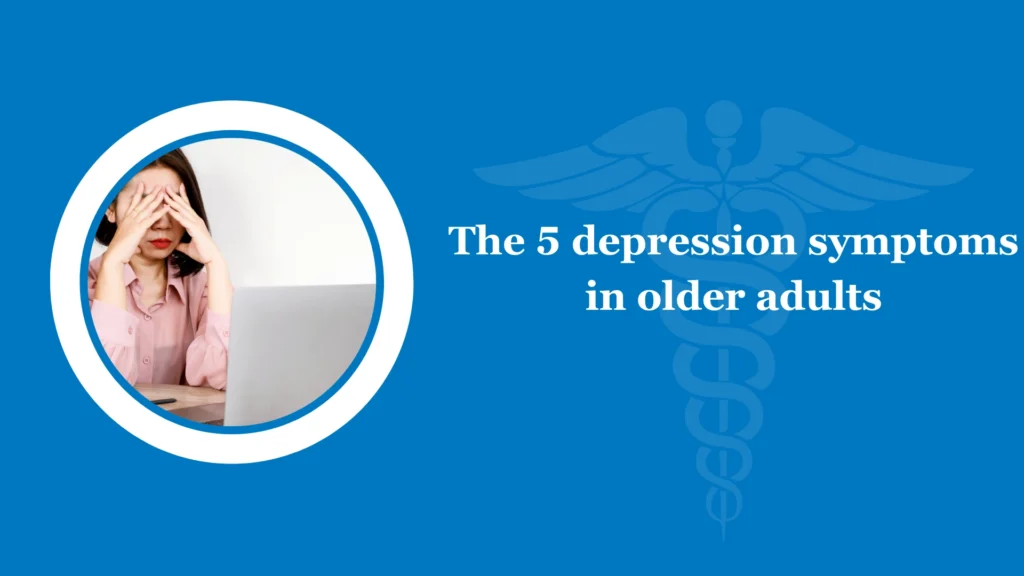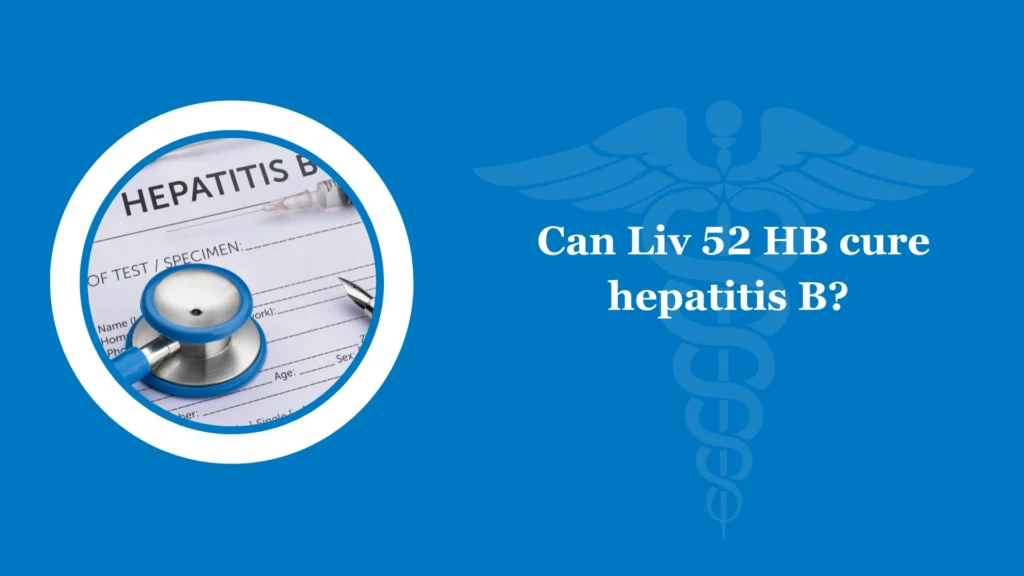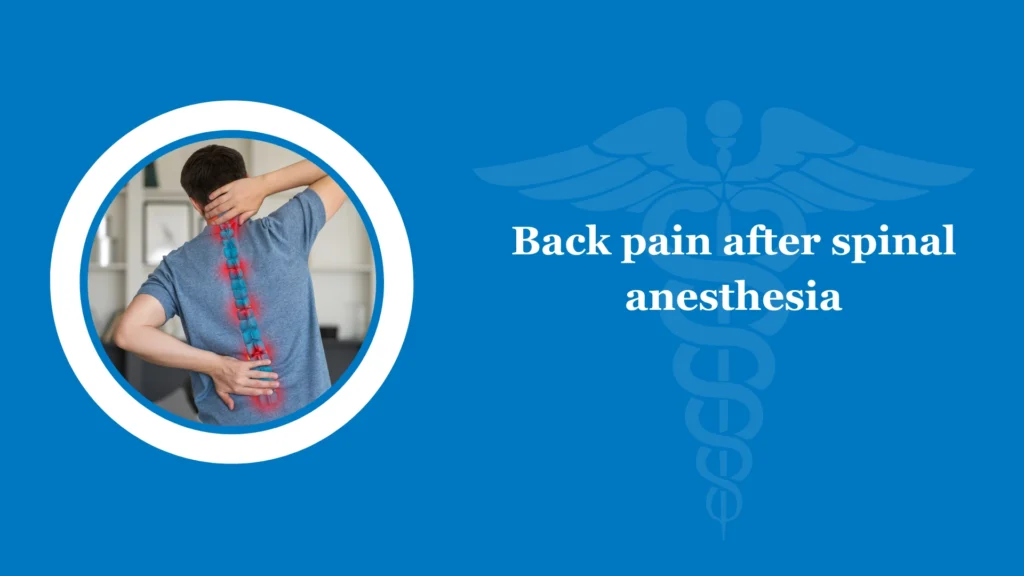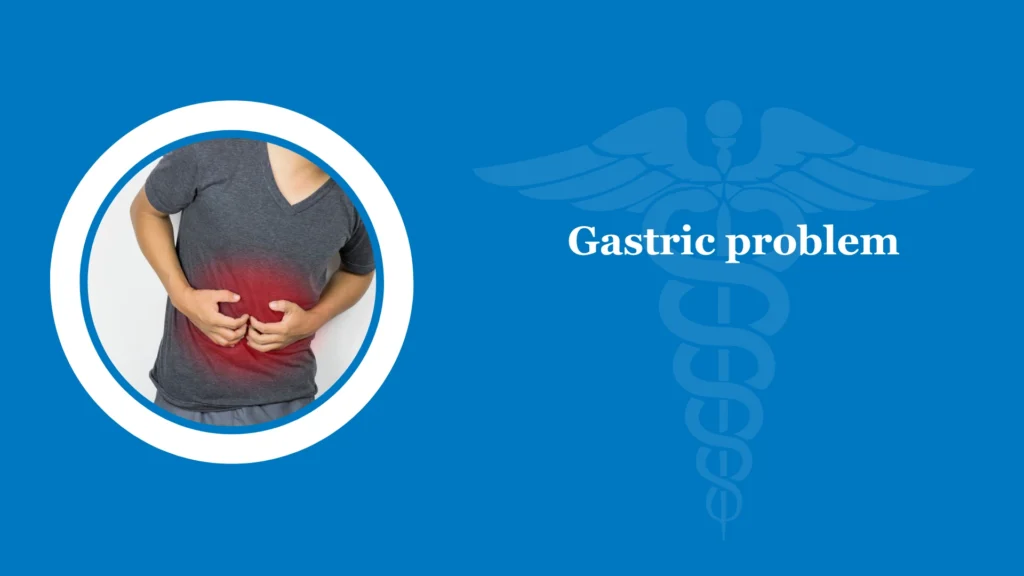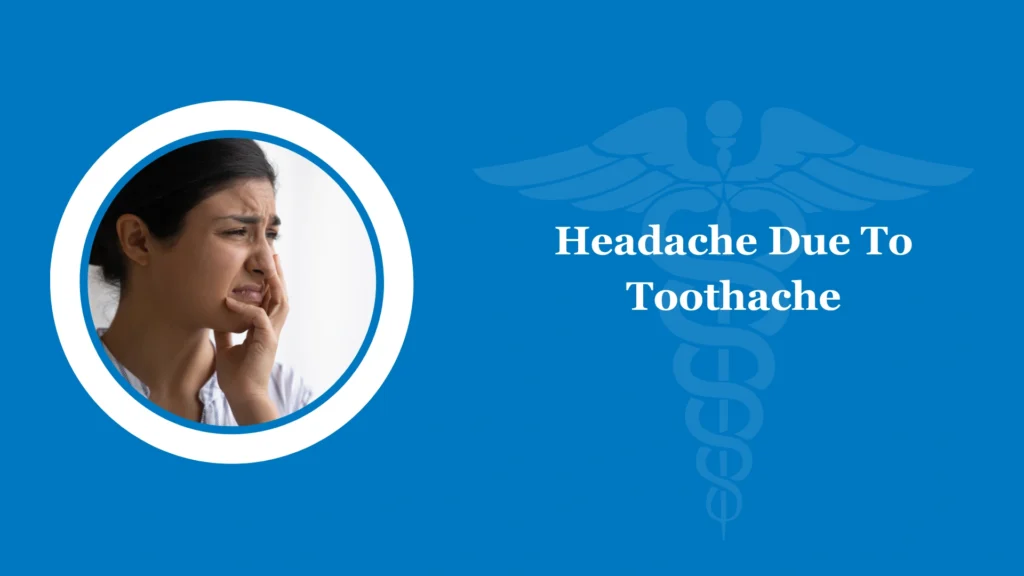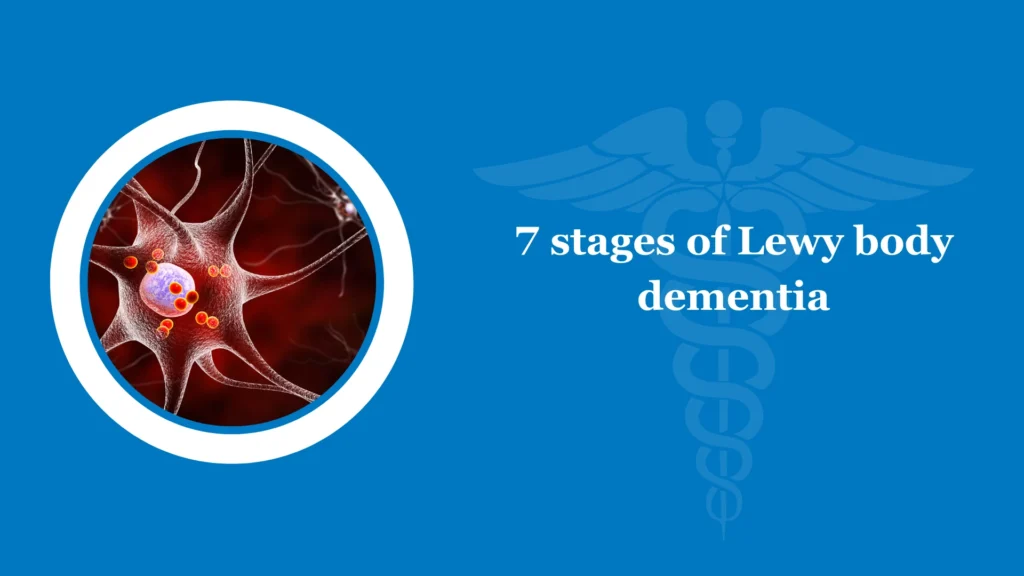Intrauterine Insemination (IUI) is a fertility treatment that involves placing the washed and separated sperm from semen into the lining of the uterus in the women’s womb. This procedure is done to the person who is unable to conceive naturally due to various reasons. The aim of IUI treatment is to increase fertilization. When it comes to success rate, it is not a guaranteed one for pregnancy.
Sometimes IUI treatment tends to fail because of varied reasons among varied people. But don’t panic. It is considered as the first line of treatment and there is a lot to go. How can you identify if the IUI treatment failed? It’s simple. When you don’t have the symptoms of pregnancy like onset of menstrual period, lower back pain, lack of breast changes, lack of frequent urination and absence of implantation bleeding.
In this blog, let’s discuss the reason behind IUI failure and how to prevent it. Keep reading!
IUI unsuccessful reasons
There are various factors that affect the IUI procedure. Success rate of IUI procedure may fluctuate according to various reasons like timing issues, that is if you fail to monitor the correct time of ovulation, then the procedure may go wrong. Lifestyle is also an important reason for the failure of IUI treatment. Below mentioned are the different reasons that influence IUI to be a failure one.
Ovulation Issues: Doctors give medication for ovulation induction which stimulates the egg development for fertilization. These medications react according to the health condition of a person. Thus, it becomes an issue.
Sperm Quality and Quantity: A male’s sperm plays a vital role in IUI treatment. Low sperm count and mobility or high DNA fragmentation (unhealthy sperm) are the causes and it can affect the fertilization.
Fallopian Tube Blockages: If there are any blockages found in Fallopian tubes, it will not allow the sperm to meet the egg for fertilization. Thus, these blockages can affect fertilization after IUI treatment.
Uterine Factors: Fibroids and polyps are two types of lumps found in the uterus. Fibroids can be found anywhere in the uterus and polyps can be located in the lining of the uterus or sometimes in the vagina.
Timing and Protocol: As it is mentioned above, timing is more important. IUI should be done before ovulation period. Menstrual days and ovulation days must be calculated beforehand.
Lifestyle Factors: Consuming excessive alcohol and smoking will affect the treatment. Being in stress, bad mood, obesity can also cause failure to the treatment.
How To Increase the Success Rate Of IUI?
To increase the success rate of IUI, find out the reason behind the failure of IUI treatment by visiting your doctor soon. Identify the problem and hypothesis with the guidance of a doctor. Take some medications prescribed by the doctor. Relax yourself and be positive. Take a comprehensive evaluation and find out the underlying causes. Try to avoid those negative aspects and overcome them. Hope for success.
Conclusion
Thus, parenthood is a precious form of life. IUI treatment is done for those who are unable to get pregnant naturally. Though it is a simple procedure, there can be complex outcomes. If the treatment ensures a positive result, be happy, if it doesn’t work find out the underlying cause and try to avoid it. Have a healthy lifestyle to improve fertilization.
FAQs
Why does IUI fail the first time?
There are lots of factors that affect the success rate of IUI, the most important underlying reason may be timing issues. If you fail to monitor the correct time of ovulation, then the procedure may go wrong
When can I expect my period after a failed IUI?
If the IUI treatment has been unsuccessful, you will get the period between 9-14 days after insemination.
Can I get pregnant naturally after a failed IUI?
Yes, many couples have become pregnant naturally after a failed IUI. If they were able to find the underlying issue and eradicate it, then pregnancy happens.
Should I seek medical help after a failed IUI?
Yes, you should seek medical help after an unsuccessful IUI. It is important to trace the issue and take medication accordingly. So visit your doctor for sure.








